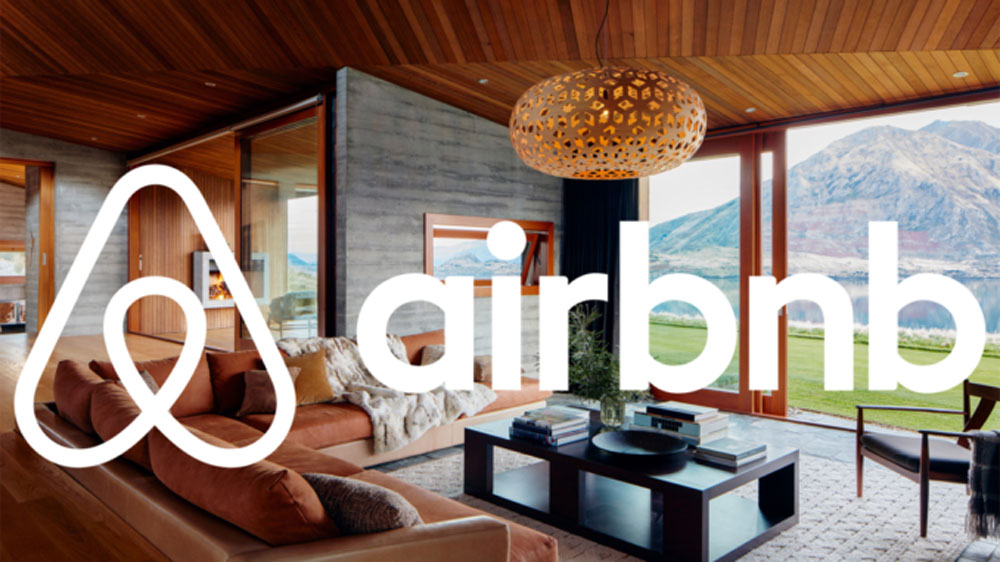Uber, the ubiquitous on demand app that turned people’s spare time and cars into a global fleet of taxis, is the gold standard of market disruption via an app.
Consider the forces that Uber recognized and acted upon:
– Greater demand for taxi service than cities had been allowing;
– App versus phone hailing
– Rating system for drivers (and passengers)
– Credit card payment system vs cash
– Variety of car sizes, types, luxury levels. etc.
– Information as to car arrival time
– Scheduled car hails;
– Freelance work for drivers.
Uber’s app worked brilliantly for consumers: More than any recent tech firm, the company used the power of mobile apps — location awareness, transaction payments, usage history — to connect service providers and consumers. They addressed marketplace failures caused by local monopolies in a unique way.
Uber is far from perfect: Surge pricing can be abusive, arrival times are often wrong, as are prices; the quality of the cars are sometimes not be as represented (No, a Toyota Camry and Mercedes E Class are not the same thing). Of course, we now know the criminality that Uber’s weaselly founders and executives were engaging in. As detailed in Mike Isaac’s Super Pumped: The Battle for Uber, the company was a giant frat house, committed massively illegal acts at scale; co-founder and CEO Travis Kalanick was so reckless he got himself tossed out of the company.
All those felonies aside, consider the legitimate business Uber model perfected:
– Recognize a shortcoming of an established industry (w/giant cost structure + good margins);
– Insert themselves between consumers & producers to capture a fee;
– Let freelancers monetize under-utilized asset to create an income stream;
– Use “Ratings” instead of relying on a corporate brand reputation;
– Provide an enormous variety of products at varying price points;
– Allow simple scheduling of service.
All on an App-based service that now has a ~$100 billion dollar market cap and generated almost $15 billion in revenues in 2019.
We have all heard “the next Uber” used to describe any hot company; each of this week’s hot IPOs — Air BnB and DoorDash — fit the description.: Both took a page from Uber when designing their own business models. One of them could very well fulfill that promise, the other, I find it highly doubtful.
AirBnB’s model is very similar to Ubers: Owners of real estate can realize revenue and profits by allowing vacationers and renters to use the property for a fee. They find houses or condos via the app or website, relying on photos and ratings. AirBnB takes a cut from each transaction, which ranges from $50 to $1000 per night and averages about $160.47 — an entire home for the price of a hotel room.
AirBnB’s IPO and subsequent trading pop gave ABNB a market cap of $88 billion — a market cap bigger Expedia ($18 billion), hotel chains Marriott ($42 billion), Hilton ($29 billion), airline Delta Air Lines ($30 billion), and more than travel giant Booking ($86 billion). The addressable market is huge, every hotel in existence is a source of potential market share.
DoorDash is a much less attractive business model: They insert themselves between restaurants and consumers, arguably replacing these companies’ own delivery people. The transactions are low priced inexpensive and the margins low. Local food deliveries lacks much of the scale advantages Uber and AirBnB enjoy.
Perhaps this is why Doordash copied some of Uber’s worst business practices: The pay wasn’t great — as little as $5 an hour; DoorDash was keeping the tips which employees were supposed to get; (The uproar over the Times article led DoorDash and others to change tipping policies).Google hijacking and fake phone numbers are another ugly aspect; DoorDash also was sued for using a fake In-N-Out Burger logo on its website, and offering unauthorized deliveries for the fast-food chain.
To me, companies that engage in these bad practices reveal what hyper-competitive, low-margin businesses they are in; what will Doordash do when the pandemic ends? David Trainer, CEO of market research firm New Constructs, called it a “Zero,” telling Yahoo Finance “They do not have a way to make money long-term.”
I am not in the stock shorting business any longer, but if I had to pick one of these to own, and one to short, I know how I would be making my bets.
Previously:
Start Ups Behaving Badly (February 13, 2020)
How the TLC & Medallion Owners Created Uber (May 4, 2018)
Government Misunderstands Ride Hailing Apps (August 13, 2018)
click for audio version


